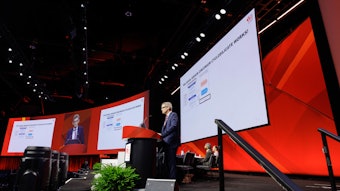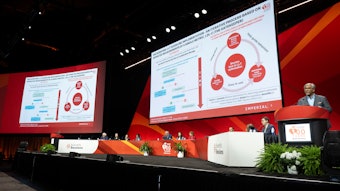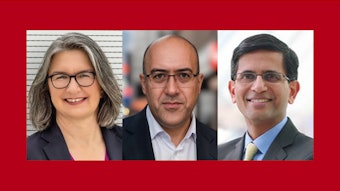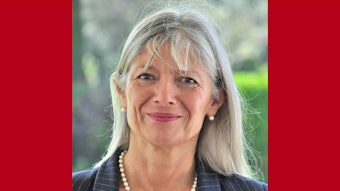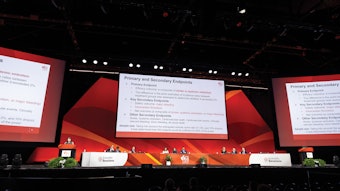Michelle A. Albert, MD, MPH: Structural racism
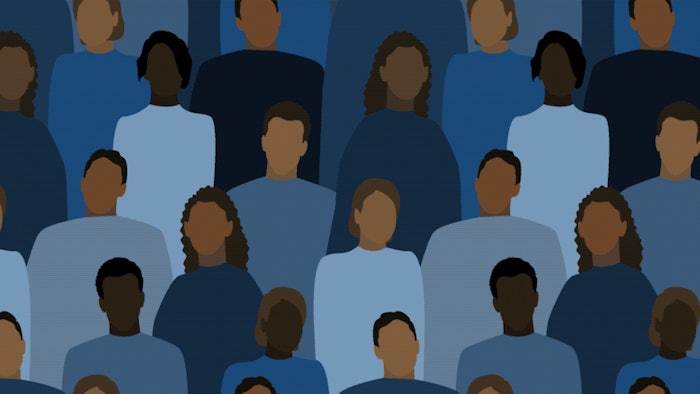
The Daily News spoke with session co-moderator Michelle A. Albert, MD, MPH, about the public health crisis caused by longstanding structural racism in the United States. Dr. Albert is co-moderating an American Heart Association and Association of Black Cardiologists session 9-10 a.m. Saturday, Nov. 14 about the subject. Dr. Albert is professor of medicine and admissions dean at the University of California at San Francisco School of Medicine. She’s also the director of the Center for the Study of Adversity and Cardiovascular Disease (NURTURE Center).
Michelle A. Albert, MD, MPH
Q: How do you define structural racism?
Dr. Albert: I think of structural racism as racial discrimination that is embedded in processes that are linked to consequential outcomes, such as employment, that prevent people from achieving whatever they define as their success, while also preferentially advantaging other persons.
Q: Why is structural racism a public health crisis?
Dr. Albert: It is a public health crisis because it impedes access to quality health care based on race, ethnicity and socioeconomic status. It also encumbers the achievement of health care workers in their employment and economic circumstances based on race and ethnicity.
Q: How has the COVID-19 pandemic affected the health crisis of structural racism?
Dr. Albert: COVID-19 has amplified longstanding health, employment and social inequalities. The COVID-19 pandemic and the racism pandemic both provide an opportunity to finally address longstanding health care inequities based on race, especially for Black people.
Q: The session features two presentations: David R. Williams, PhD, MPH, chair of the Department of Social and Behavioral Science at the Harvard T.H. Chan School of Public Health, will present on the science of racism; Lisa A. Cooper, MD, MPH, Bloomberg Distinguished Professor at Johns Hopkins University, will explore reforming the health care workforce. What insights can the audience expect to hear from these experts?
Dr. Albert: Dr. Williams will discuss the historical embedding of racial discrimination — which patterns present-day disadvantaged housing, health, employment and educational opportunities and outcomes for people of color, particularly Black people over time. He will also discuss how social determinants of health result in poorer health outcomes.
Dr. Cooper’s talk will address the needs in the health care workforce. We have this broken pipeline in the health care workforce that is largely dictated by longstanding structural discrimination. She will also explore potential solutions.
Q: The talks will be followed by a discussion from a panel of experts representing hospital executive leadership, education, industry, public policy and research. Tell us about the panel and what to expect.
Dr. Albert: There will be few other stages where you will find the level of expertise that we will have discussing these issues. A lot of times when people talk about discrimination or structural racism, it’s a pundit. The people on this stage are true experts on this subject. They are the real deal; they are not just reading a book and speaking about it. Their life work has been committed to improving health equity by addressing structural discrimination.



